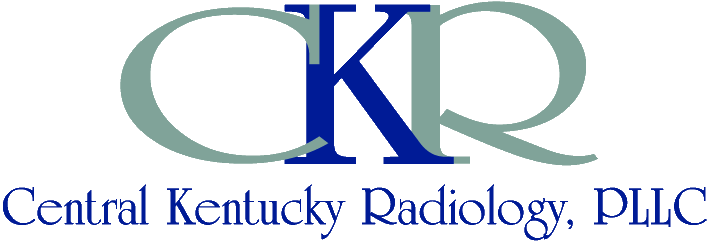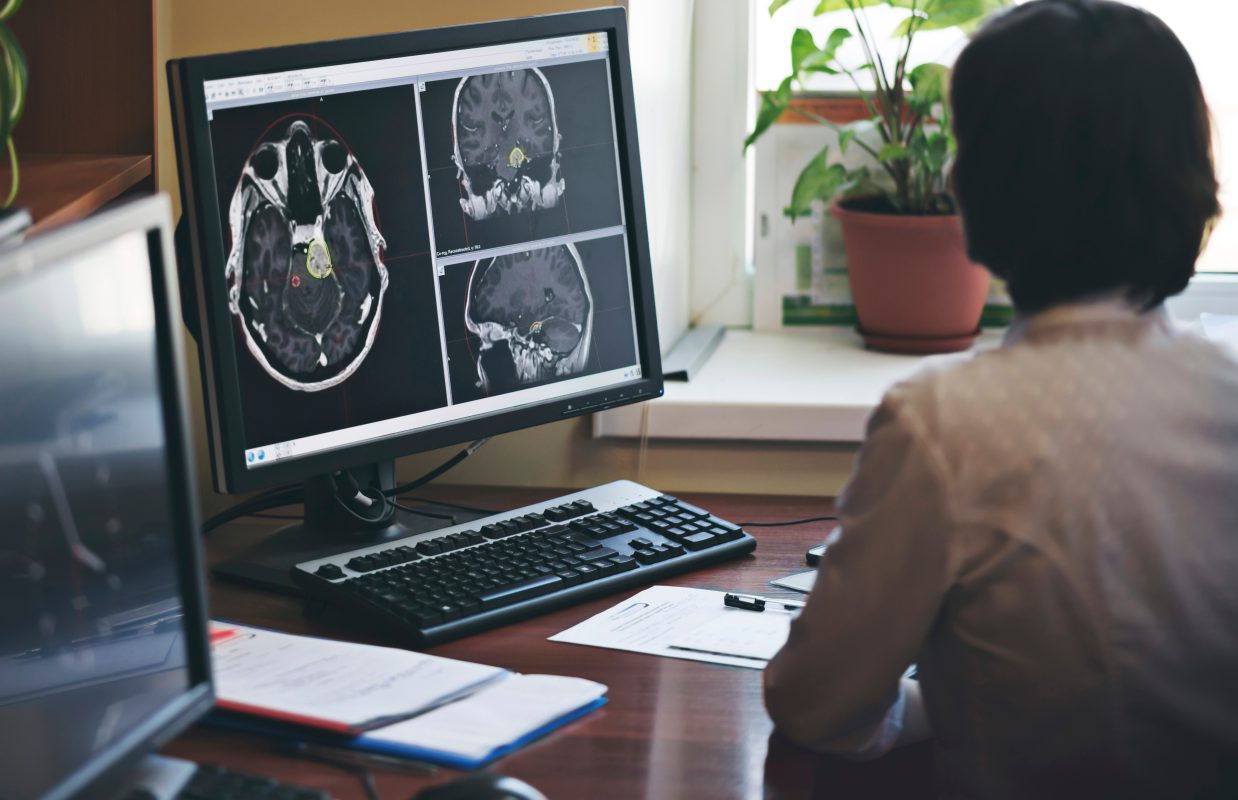The Critical Role of Radiologists in Medicine: Unseen Heroes in Patient Care
Radiologists are an integral part of the healthcare system, playing a crucial role in diagnosing and monitoring various medical conditions. Despite their behind-the-scenes presence, radiologists are essential contributors to patient care. In this blog post, we will explore the importance of radiologists in medicine, their role in healthcare, and how their expertise is incorporated into our care, even though we rarely interact with them directly.
Expert Interpreters of Medical Imaging:
Radiologists are highly trained physicians specializing in medical imaging interpretation. They play a vital role in analyzing X-rays, CT scans, MRIs, ultrasounds, and other diagnostic imaging tests. Using their extensive knowledge and expertise, radiologists interpret these images to provide accurate diagnoses, identify abnormalities, and guide treatment decisions. Their meticulous evaluation helps detect diseases and conditions that may not be initially apparent, enabling timely interventions.
Collaboration with Healthcare Teams:
Radiologists are an integral part of the multidisciplinary healthcare team. They work closely with primary care physicians, specialists, and surgeons to provide comprehensive patient care. Through their expert consultations, radiologists assist in determining the most appropriate imaging modalities, recommend additional tests or procedures, and provide valuable insights into the interpretation of imaging results. Their collaboration ensures accurate diagnosis and effective treatment planning.
Informing Treatment Decisions:
Radiologists’ insights and reports significantly impact treatment decisions. By analyzing imaging findings, radiologists provide detailed information about the location, extent, and characteristics of diseases or abnormalities. This information helps guide surgical interventions, radiation therapy planning, and the selection of appropriate medications. Radiologists’ expertise enhances the accuracy and effectiveness of treatments, leading to improved patient outcomes.
Screening and Early Detection:
Radiologists play a vital role in screening programs aimed at early disease detection. For example, in breast cancer screening, radiologists interpret mammograms to identify suspicious lesions or calcifications. Similarly, they play a critical role in lung cancer screening using low-dose CT scans. Their expertise in identifying subtle abnormalities at an early stage allows for prompt intervention and improved prognosis.
Continuous Quality Improvement:
Radiologists are committed to ensuring the highest quality of medical imaging and patient care. They actively participate in quality assurance programs, analyze imaging protocols, and contribute to research and advancements in the field. Radiologists’ involvement in ongoing education and training helps them stay up-to-date with the latest imaging technologies and techniques, continually improving the accuracy and reliability of diagnostic interpretations.
Although we rarely interact with radiologists directly, their expertise and contributions to patient care are invaluable. They are the unseen heroes working behind the scenes, diligently interpreting medical images, collaborating with healthcare teams, and guiding treatment decisions. Incorporating the knowledge and insights of radiologists into our care ensures accurate diagnoses, timely interventions, and improved patient outcomes. So, let us recognize and appreciate the critical role radiologists play in shaping modern medicine.

